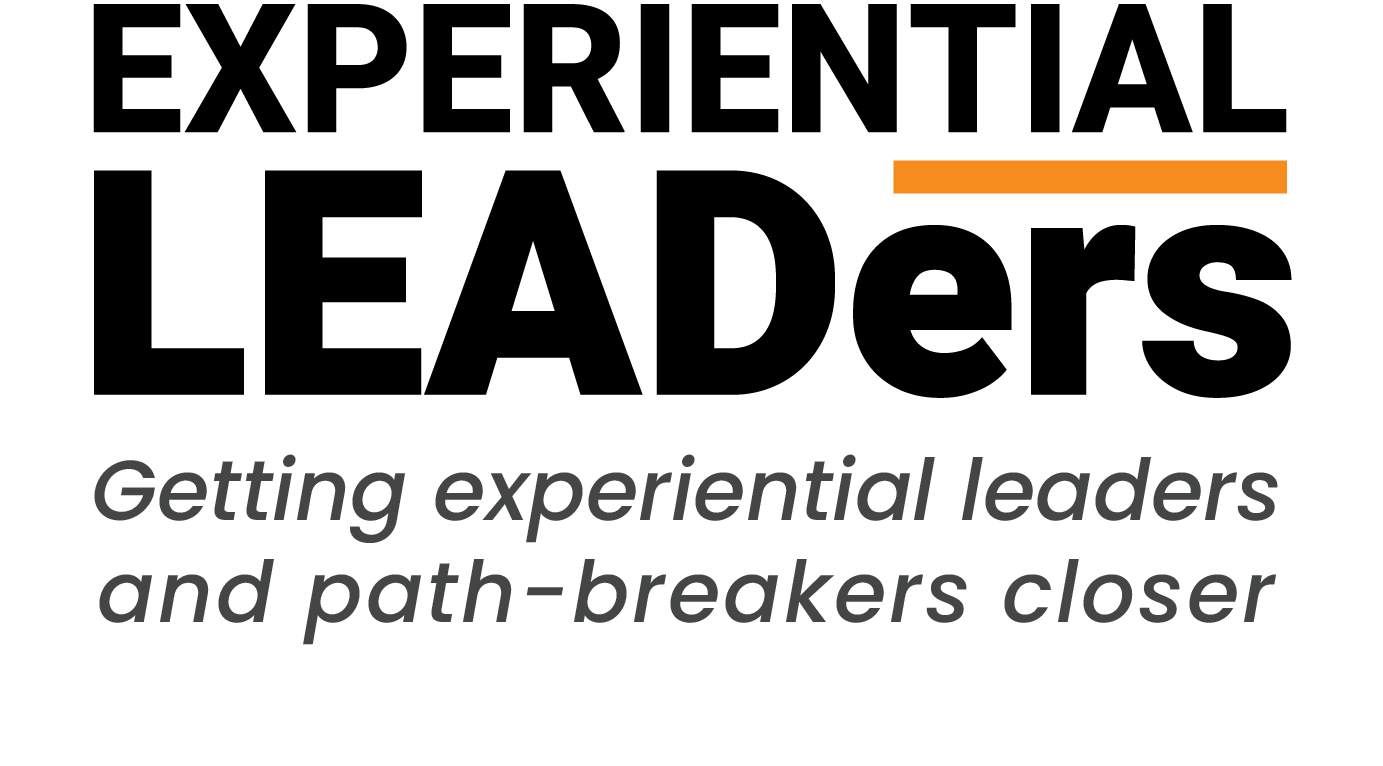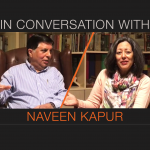George MacDonald, a pioneering author in modern literature and mentor to the likes of Lewis Carroll and C.S Lewis once said, “To be trusted is a greater compliment than to be loved.”
“It is the relations that you build over a period of time that help you through your career, be it with a client or your colleagues. In my case, it was my relationship with my clients that helped me make a transition from corporate real estate transactions to architecture and then to where I am today.” So says Karan Sethi.
People remember people which is why building relationships is important.
Many business coaches and influential self-help gurus talk about the strength of relationships and trust in professional circles, and Karan is a live example of that ideal. Successful businesses and individuals have based their careers on relationship building and continue to do so by nurturing their relationships and the trust that comes with it.

A man with exceptional relationship building skills and 14 years of experience as a business developer, Karan talks to us about his relationships. He tells us how nurturing his connections and strengthening the bonds with people he knows and values has rewarded him immensely throughout his career.
 Karan’s had a track-record of repeat business from clients, many from overseas, even after he has moved onto a new firm. They follow him because of the bond he creates with them and the trust they develop in him. “As a business developer, the interaction with the client happens only in the beginning, to close the deal”, he says, “after that it is upon you how you nurture that relationship and make it grow.”
Karan’s had a track-record of repeat business from clients, many from overseas, even after he has moved onto a new firm. They follow him because of the bond he creates with them and the trust they develop in him. “As a business developer, the interaction with the client happens only in the beginning, to close the deal”, he says, “after that it is upon you how you nurture that relationship and make it grow.”
Karan’s relationships have helped him win a lot of huge projects for the company he was working with that turned out to be game changers for the company as well as his career. Here are the valuable takeaways from my conversation with Karan Sethi!
1.The Art of Listening
To grow your relationships, one of the key qualities is to be a good listener. Karan has developed that skill and learnt a lot along the way from his mentors. “There will never be a meeting where you walk out with all the answers, at the same time if you listen actively you won’t walk out unsatisfied.”
To grow your relationships, one of the key qualities is to be a good listener.
2. Nurture a Relationship
Karan believes that to excel in business, the relationship with clients needs to be valued even before business starts. It is this development of the relationship which creates trust, and that is what eventually converts the business for the company. Trust is not something you acquire over a meeting, it must be earned. A relationship with a client is successful when they remember you beyond business. And ironically, this is exactly what leads to more business with the same client!
3. What happens when you change jobs?
Karan strongly believes that even though the goal remains the same – to gain business, “bad politics” is never the right way to do it. If you can convince your clients of the benefits they can get from this new company, great! If the client’s faith in you is strong enough for them to move their project to where you are – that’s your reward for nurturing the relationship. And it adds value when you maintain it. Keep in touch and assist your clients whenever you can.
4. Expectation Setting
How far must one go to maintain a relationship? “You need to draw the line between over-committing and doing your duty”, Karan says. And this line must be drawn in the very beginning. According to Karan, going overboard once in a while when the stakes are high is part of the job but over-committing without having the bandwidth to deliver, damages the trust you may have built with the client. He believes that limitations, if any, must be conveyed beforehand. If it doesn’t work for both parties – sometimes you must politely decline. Being true to the client and being true to yourself is essential.
You need to draw the line between over-committing and doing your duty.
Understanding clients and listening to their needs, valuing the relationship above and beyond the deal and honest expectation setting are Karan’s pillars of relationship building. Even though he admits being hurt when some deals go downhill, Karan has realized over time that he also must make choices and decisions based on how the client’s ideologies align with that of his company’s and his own.
Client may be king, but you get to choose your king.





